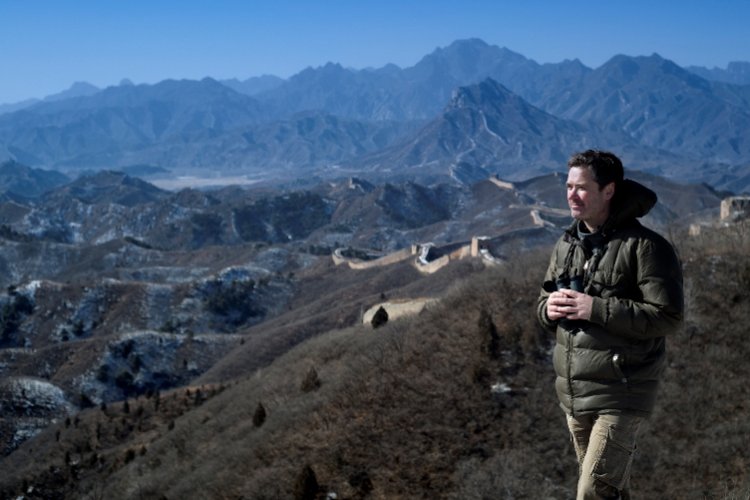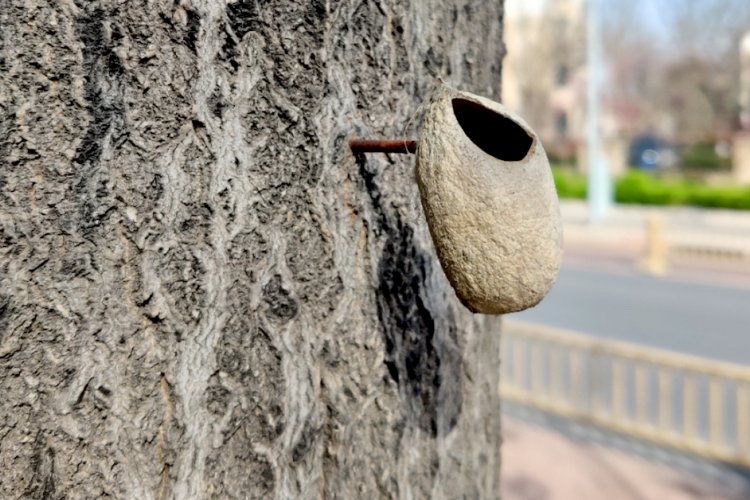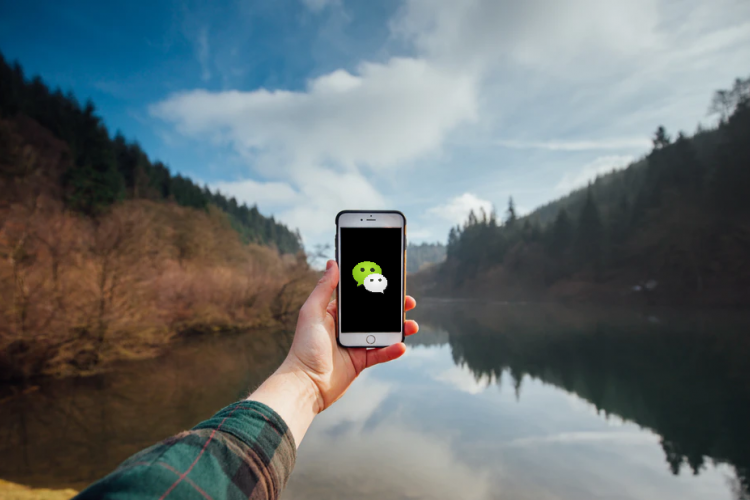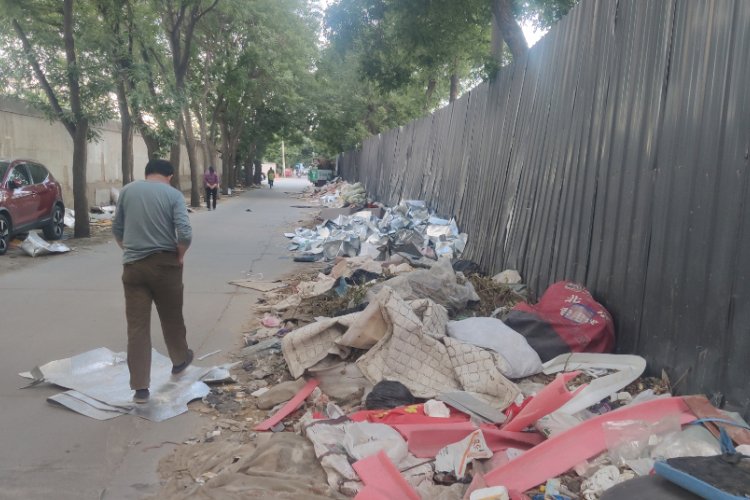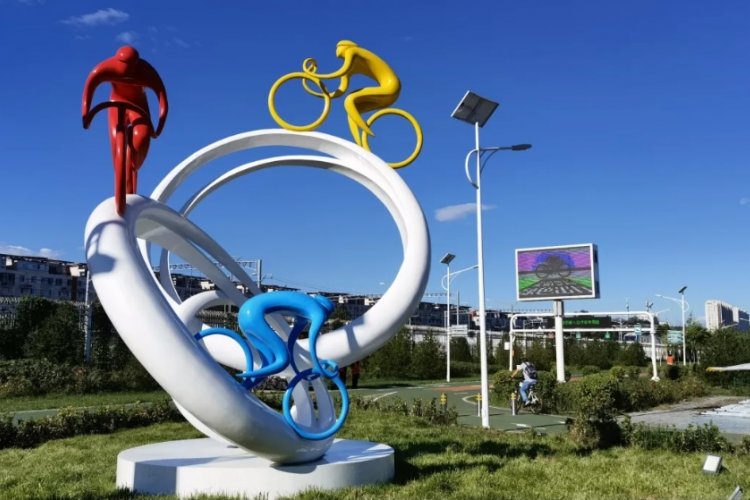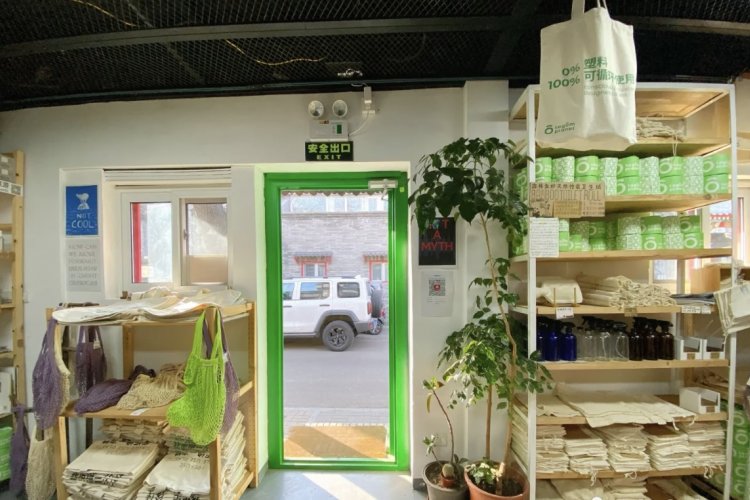Go Green and Blackout
Of course, we’re not saying people must turn off all lights and sit in complete darkness, and most bars and restaurants welcome a chance to do a candlelit or otherwise creatively lit event. In the past, people have had Earth Hour weddings, Earth Hour birthday parties, picnics, gone stargazing and so on. When you think about it, Earth Hour is also an opportunity for people to slow down for one hour to spend with their loved ones.
Related stories :
Comments
New comments are displayed first.Comments
![]() KrosNest
Submitted by Guest on Wed, 03/18/2009 - 12:51 Permalink
KrosNest
Submitted by Guest on Wed, 03/18/2009 - 12:51 Permalink
Re: Go Green and Blackout
Come and celebrate the earth at the Kro's Nest!
We will be turning off our lights and providing candles for all the tables!
It promises to be lots of fun, plus the great pizza you know and love!
![]() ab185
Submitted by Guest on Wed, 03/18/2009 - 11:03 Permalink
ab185
Submitted by Guest on Wed, 03/18/2009 - 11:03 Permalink
Re: Go Green and Blackout
If you're looking for a fun way to participate in Earth Hour, don't miss the Australia China Alumni Association and AustCham Beijing's joint event at Blue Frog Sanlitun from 7pm on Saturday 28th March. The RMB50 entry includes snacks and a drink.
Earth Hour started in Sydney, Australia two years ago and ACAA and AustCham are proud to be helping WWF bring this worthy event to China for the first time!
Details are at www.AustChinaAlumni.org
or contact events@AustChinaAlumni.org for more information
See you there!
Validate your mobile phone number to post comments.

